Environmental diplomacy
Gateway House’s Shloka Nath examines the causes of disagreements between India and Bangladesh, and makes recommendations to resolve them – which can lead to an intelligent management and protection of the Sunderbans.
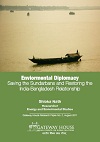 Courtesy: Gateway House
Courtesy: Gateway House
Gateway House’s Shloka Nath examines the causes of disagreements between India and Bangladesh, and makes recommendations to resolve them – which can lead to an intelligent management and protection of the Sunderbans.
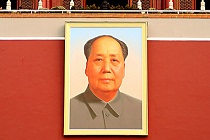 Courtesy: gill_penney/Flickr
Courtesy: gill_penney/Flickr
A clash of ideologues in China’s ruling Communist Party of China is emerging, though many remain unwavering in their loyalty to the Party. What does this mean for India? A tougher, non-compromising stance by Beijing on issues perceived as affecting Chinese sovereignty and territorial issues.
Philip Oldenburg, Professor at Columbia University, comments on the fragile relationship between India and Pakistan, and also discusses his new book "India, Pakistan, and Democracy: Solving the Puzzle of Divergent Paths".
Sreeram Chaulia, Vice Dean of the Jindal School of International Affairs, talks to Gateway House’s Samyukta Lakshman about his new book titled, "International Organisations and Civilian Protection".
 Courtesy: Sven-steffenarndt/WikimediaCommons
Courtesy: Sven-steffenarndt/WikimediaCommons
The U.S. Justice Department is slowly but surely clamping down on Pakistani terrorist activities, as is evident not only by the recent arrest of Kashmiri propogandist Ghulam Nabi Fai but also in open claim that the ISI Security Directorate "overseas militant groups".

India's declining sex-ratio could seriously impede its ability to achieve its full potential. Laadli honors innovative individuals who have donated their time and talent to changing this growing form of sex discrimination.
Robert O. Blake, U.S. Assistant Secretary of State for South and Central Asian Affairs, spoke to Manjeet Kripalani in an exclusive interview about the role of the Indian diaspora in the U.S. in fostering bilateral engagement between India and the U.S.
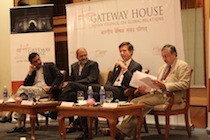 Courtesy: Gateway House
Courtesy: Gateway House
Gateway House: Indian Council on Global Relations, Mumbai, hosted a meeting on The Indian Diaspora: Converging Destinies. The role of the Indian Diaspora was amongst also on the agenda a few days before the event, at the India-US Strategic Dialogue held in Delhi from July 19 to 21.
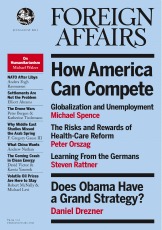 Courtesy: Foreign Affairs
Courtesy: Foreign Affairs
Henry Kissinger's new book argues that the United States should yield gracefully to China's rise; Aaron Friedberg's gives the opposite advice. By focusing on intentions instead of capabilities, both books overstate China's actual power.
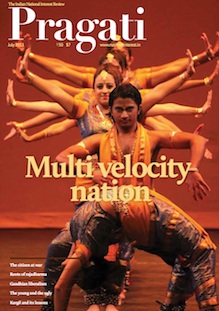 Courtesy: Pragati
Courtesy: Pragati
On May 1998, as India declared itself as a nuclear weapons state, it also committed its nuclear program to the No First Use of nuclear weapons policy. Consequently, the policy has been viewed as a democratic option, but what does this say about India?